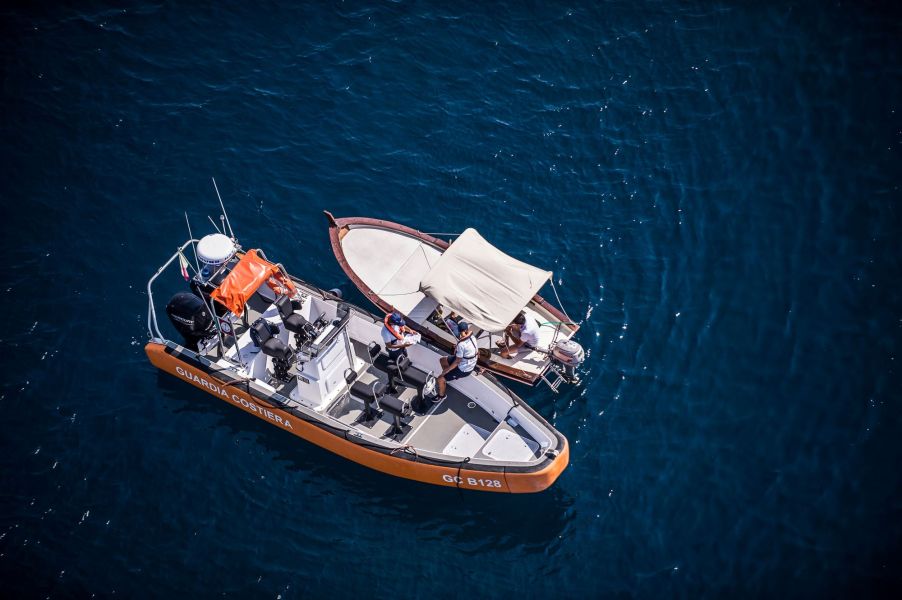
Can You Use a Jet Boat in Saltwater?
Everyone has a possession they treasure. For example, if you live close to a body of water, most likely, your boat is one of the things you treasure, especially if you value a good boating experience. For that reason, you will do your best to maintain it in the best possible condition, which will ultimately ensure you realize the value of your money. It would be best to consider the body of water you ride your boat on for an optimal outing.
Additionally, if you own a jet boat, one of the questions that may cross your mind is whether you can use it in saltwater. That is something you cannot afford to overlook since it will affect your jet boat in one way or another. Obviously, the last thing you want is to tarnish your precious possession.
How to use a jet boat in saltwater

First, it is worth mentioning that knowing how your jet boat works across different water bodies is critical. The reason is that using your new jet boat in saltwater will cause it to behave differently from what you expect when navigating across freshwater in it. According to Best Boat Report, the bottom line here is that saltwater is not good for jet boats.
As such, preparing your jet boat to travel in saltwater and ensuring its engine and water pump are in good condition before use is critical. Although this will take extra time, it will save you the money you would spend on repairs in the future. Without preparation, saltwater will corrode metal parts on jet boats.
When that happens, removing the water pump and replacing the bearings becomes a problem. So, instead of buying a second boat, if you plan to use your jet boat in saltwater, you should have stainless steel hardware on it and change the magnesium anodes to zinc or aluminum.
Zinc or aluminum anodes address the corrosive qualities of salt, and replacing them if they are more than half destroyed or annually is a wise idea. Also, avoid a heavy polish on your jet boat because saltwater will ruin it. Also, applying antifouling paint on your jet boat is paramount, and you should consider upgrading the engine to one with a self-flushing capability.
Caring for a jet boat after using it in saltwater
You can avoid damaging your jet boat when you use it in saltwater through proper maintenance. Remember that you need to do maintenance on your jet boat after every use in saltwater. The first thing you need to do, in this case, is clean the jet boat thoroughly. That will get rid of all the salt particles stuck on the boat’s interior and exterior.
Next is flushing water inside your jet boat’s engine exhaust. You can do that by connecting a hosepipe to your boat’s flush port. Once your jet boat dries completely, prevent corrosion over time by coating the outer layer of metal parts using any lubricant. Note that WD-40 is not ideal, in this case, but will work well for non-alkaline or freshwater sources.
CRC Heavy Duty Corrosion Inhibitor is one of the lubricants you can consider using on your jet boat after using it in saltwater. The reason is that you can use this lubricant on throttle linkages, electrical connections, steering, engine components, spindles, equipment storage, shaft, fasteners, and motors. The lubricant will coat a thick layer on the surface where you spray it. That way, it will last longer, and that is why it works well on saltwater uses.
Lastly, do not forget to open all caps or openings of your jet boat and let it dry overnight after use in saltwater. By doing so, any moisture on the boat or inside the engine will evaporate, thereby preventing corrosion.
Best boats for saltwater boating
Multi-hull powerboat
The multi-hull powerboat is an extremely versatile option that comes with two or three hull designs. The additional hulls offer more stability and a smoother ride in rough waters. Also, the boat is ideal for saltwater fishing, water sports, overnight cruising, scuba diving, and day cruising.
Bay boat
If you plan to navigate canals, shallow waters, and other hard-to-reach fishing spots, then a bay boat will probably be the right choice. The boat is made of fiberglass, meaning you can use it in saltwater or brackish. Most bay boat models feature a live well, and it is a popular fishing boat because it can navigate shallow water.
Adjusting the height of a bay boat engine depending on the depth of the water is possible, and it has higher sides to allow you to navigate rougher waters.
Bowrider
If you are looking for the most versatile boats available, saltwater bowriders will come in handy. A bowrider is suitable for water activities, including sightseeing, tubing, day cruising, and skiing. The boat can accommodate at least eight passengers. Of course, available space will depend on the bowrider’s size, and it is driven from a hub in the middle.


